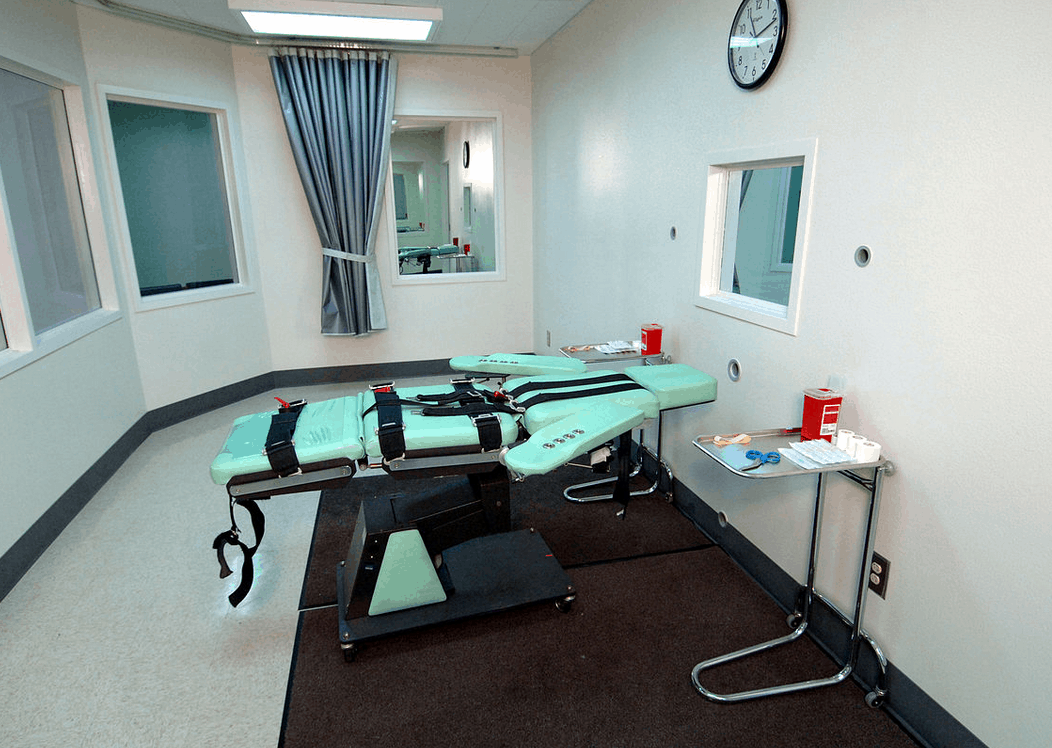
In 1996, screenwriter Randall Wallace was nominated for Academy Award for his work on Braveheart. Since then, he’s gone on to write a number of films, including The Man in the Iron Mask, Peal Harbor and We Were Soldiers. But somehow the story of William Wallace, a common man who led the Scots in a war against England, stayed with him.
In his new book, Braveheart Life, Wallace reflects on the lessons about his own life while he explored his ancestor’s story of sacrifice and bravery.
We caught up with the author to learn more about his literary journey and how he’s putting some of his revelations into practice.
Congratulations on the book. Is it like having a film out? Are you paying attention to the responses or is it just something you have done and moved on with?
No, I’m really excited about it. The publisher has given me a level of interest that I have not known before, and I am really excited about the book. It’s highly personal and means a lot to me as an exploration, as well.
It’s about trying to figure out how you can build a brave heart right in modern times—how can anybody do that. Those are powerful questions for me. This sort of gets me to focus on those issues, and I’m excited about it.
What inspired you to explore those questions in a book rather than screenplay?
Well, I wanted to talk about the stories of my own personal life, the people who inspired me to the career that I have and the kind of life I try to lead. And those stories aren’t superficial—they’re powerfully personal.
Both my father and my mother have passed away now, and their lives seem so victorious. And when I look at Braveheart being at the 20th anniversary and that it’s still such a relevant movie for so many people, I wanted to explore that in the book in the perfect way.
You mention your friends and your family. How have they responded to this project?
The surprising thing for me is that they were shocked that anybody wanted to tell their own story. Like my friend from Afghanistan, he was flattered, but his feeling was “Why would anyone care about my life? My life isn’t interesting,” whereas his life has been a huge inspiration to me.
My mother and father would have said the same thing, that they saw their lives as normal and something they would care about but that nobody else would, not seeing their lives as an architecture that anybody could follow and be inspired by.
Do you feel this is a particular talent for you, finding this creative spirit in people that maybe they don’t recognize in themselves?
Yes. I think the most effective people have that kind of humility. They’re not doing things for their own personal glory, and because they’re not, their lives are glorious.
Do you feel like there is room for another Braveheart in the current film industry?
There’s certainly room for stories like that. It was always a battle to create that kind of story for a marketplace. People ask me often how I hold onto my faith in Hollywood. I always say that I don’t hold on, I don’t feel that I need to defend; in fact, I think being defensive is the opposite of having faith.
In every idea, everything that is original or true has to swim uphill in the river of dishonesty that life often is. We’re always trying to swim upstream and tell a great story. There will be more Bravehearts, but not in trying to copy the formula. That’s one of my points in the book: Living a braveheart life requires courage. And courageous and creative living is the opposite of taking some kind of recipe and trying to follow the rules. That’s one of the reasons I say we all have to be outlaws in some way to really live a braveheart life.
Has refusing to shy away from some of the darker or more painful moments helped you make peace with them or put them in context?
I have come to see that God is in the darkness, even if I can’t see Him. That God’s existence and power is not contingent on my recognition or even my understanding. I am forced to and need faith everyday. We have an old hymn we used to sing in the Baptist church: “I need Thee every hour,” and that is relevant to me. I need this every hour.
Has finishing up this project and going into other people’s stories, as well, changed the way you view writing or working on screenplays?
Yeah. I decided to take this time to reflect on how Braveheart came about and what perspective I’ve gained from going through this experience. Sometimes, what we think of as success is as a great a challenge as what we think of as failure. The Bible is right when it says that all things work together for good for those that love the Lord. Feeling the struggle for part of the way that God prepares us certainly changes for me the way I approach everything I do now.
When you look at your life right now, today, what’s making you the happiest?
I think family, always. In my sense, to live a braveheart life [means being] a father, a teacher, a warrior, a sacred man and an outlaw. That way of living makes wonderful sense to me. I find the joy of being a father and of appreciating my own father, even though he’s passed away now. I find a joy in my work, and I find a peace in the sense that the struggles in my life aren’t because I’ve done something wrong, but might be because I’m doing something right. It gives me a lot of joy.





















